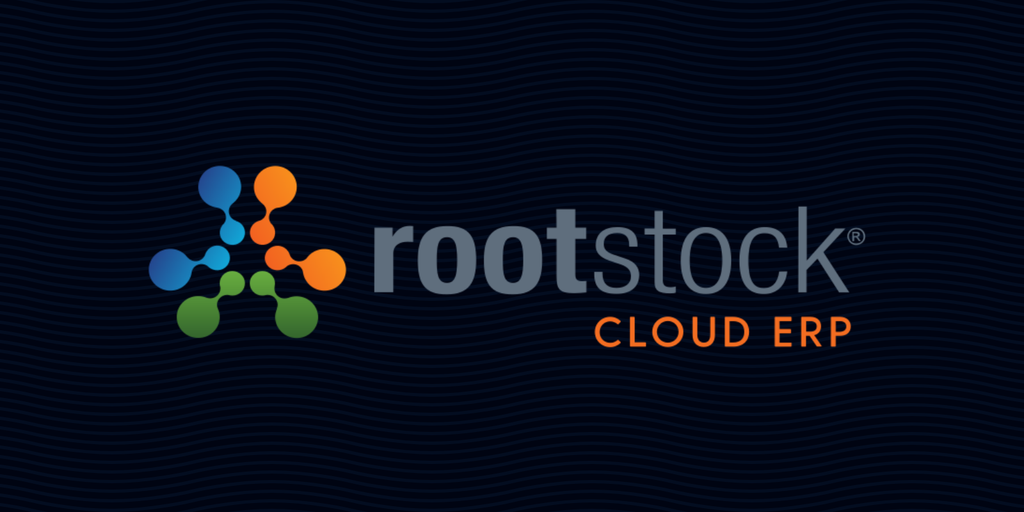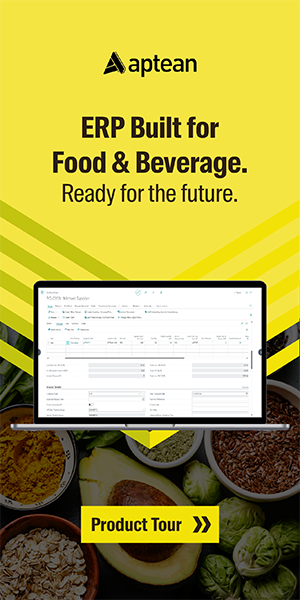The ground beneath complex manufacturing is shifting, and ERP systems are evolving swiftly to keep pace. A recent Frost & Sullivan study, conducted with global ERP provider SYSPRO, gave a peek into this evolution. The study surveyed small and medium-sized complex manufacturers, and its findings show that a technological tide is rising, and ERP is riding the crest of that wave.
The Dynamic Duo: AI and IoT
The study found that 29% of manufacturers are already witnessing artificial intelligence and machine learning (AI/ML) integrated into their ERP systems, with the Internet of Things (IoT) integration following closely at 19%. Moreover, nearly 30% and 20% of these businesses see AI and IoT being baked into ERPs specifically for efficiency gains.
SYSPRO describes AI not as a job-stealing robot but as a tireless, insightful co-pilot that can help monitor workflows, flag anomalies before they become disasters, and automate complex decision-making processes. The power provided by AI helps organizations move from reactive firefighting to proactive problem-solving. Utilizing these technologies enhances data analytics, optimizes maintenance schedules, and drastically minimizes downtime.
The Supporting Cast of ERP Innovations
While AI and IoT might be grabbing the spotlight, other crucial ERP advancements are quietly revolutionizing complex manufacturing, the study shows:
- Real-time data analytics (16% adoption): The ability to tap into real-time operational data provides the visibility needed to sidestep disruptions and make informed decisions quickly. For instance, if there is a sudden spike in demand for a particular product, an organization can view that rise via its ERP dashboard. It can then immediately adjust production schedules, check raw material availability, and coordinate with logistics in real time, preventing stockouts and capitalizing on the opportunity.
- Cloud-based ERP solutions (13% adoption): Cloud ERPs offer the scalability to grow with the business, enhanced security, seamless data integration from various sources, and easier adoption of advanced technologies like AI.
- Mobile accessibility and remote management (13% adoption): The factory floor and the entire supply chain are no longer tethered to a desktop. ERP functionality accessible via mobile devices empowers everyone from quality inspectors to on-the-go sales teams who need instant inventory updates.
- Enhanced cybersecurity features (10% adoption): With legacy systems being replaced, and data becoming more centralized, robust cybersecurity isn’t just an IT concern; it’s a business continuity imperative. This is underscored by the fact that over 50% of industry experts in some regions view cybersecurity as a critical concern.
The Smart Factory and The Human Element
These evolving ERP capabilities are the building blocks of the smart factory — a highly connected, intelligent, and responsive manufacturing environment. Future-focused factories seamlessly integrate Industrial IoT (IIoT), AI, digital twin simulations, and, at their core, modernized ERP systems. This integration enables businesses to prevent disruptions before they happen and continuously optimize operations.
However, the path to achieving this goal isn’t always smooth. The report highlights some very real barriers:
- High upfront costs (cited by 25% of respondents)
- Resistance to change (22%)
- Lack of technical expertise (19%)
- Challenges with integrating new tech with existing systems (12%)
- Technical difficulties with complex integrations (43%)
These figures represent real-world headaches for operations managers, IT departments, and ERP professionals. Overcoming them requires technological savvy and a focus on the human side of change. This includes clear communication, robust training, and showcasing how these tools empower employees to do their jobs better, faster, and with less frustration.
What This Means for ERP Insiders
Embrace AI & IoT as your efficiency power-ups. ERP professionals are pivotal in deploying these technologies. SYSPRO, for instance, leverages its ERP to integrate with IoT devices for real-time data and machine-to-machine communication, driving tangible gains like predictive maintenance and optimized production. ERP professionals’ role is to translate this potential into reality on the shop floor to create truly digital manufacturing facilities.
Champion data and cloud for agility and scalability. Real-time analytics and cloud ERP enable proactive decision-making and scalable infrastructure. ERP professionals should guide this transition. For example, SYSPRO customer Merle Norman Cosmetics saved $6 million in inventory costs through real-time data, and Aspire Pharmaceuticals achieved 98% inventory accuracy. Moving to platforms like SYSPRO Cloud ERP also paves the way for easier adoption of AI, which is often “built into the heart of such solutions.
Drive modernization and fortify security strategically. While high upfront costs and complex integration are significant hurdles to becoming a smart factory, the strategic need is undeniable. With over 50% of industry experts in some regions citing cybersecurity as a critical concern, ERP professionals must prioritize secure, robust systems. Your expertise is crucial in navigating these challenges, advocating for the necessary investments, and ensuring the ERP backbone is future-proof and resilient against emerging threats.






